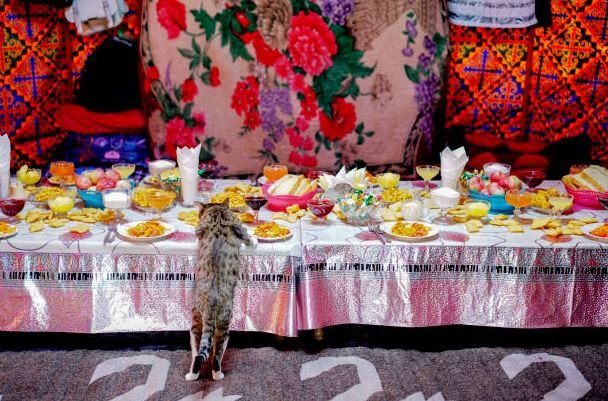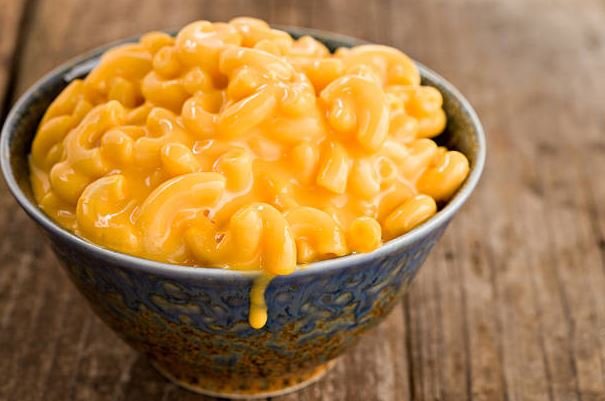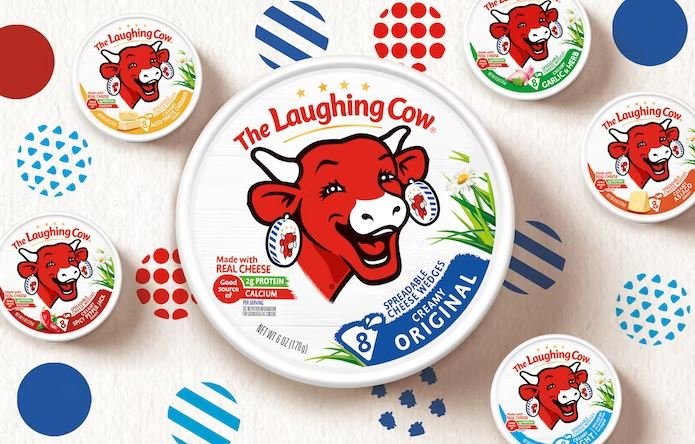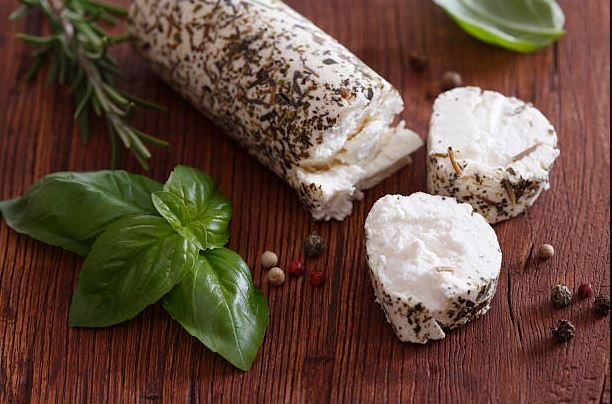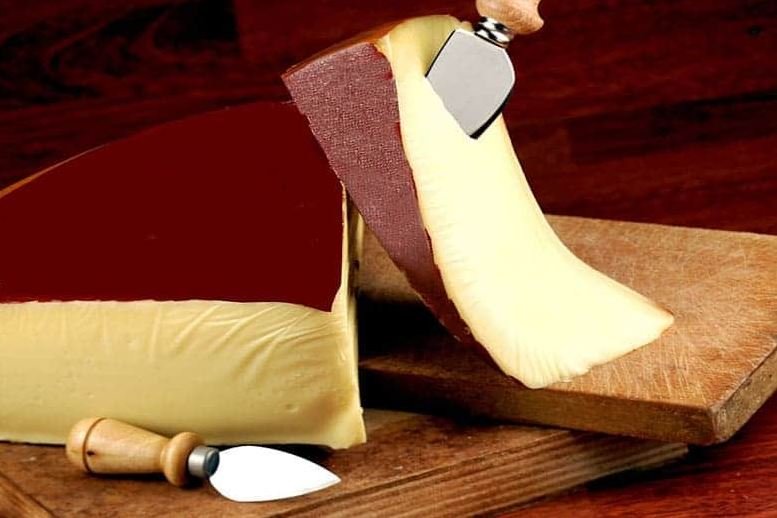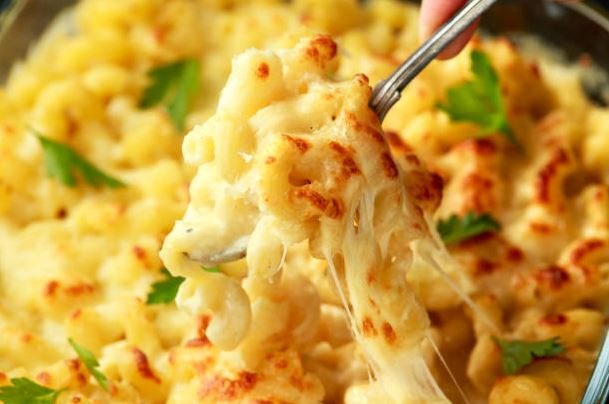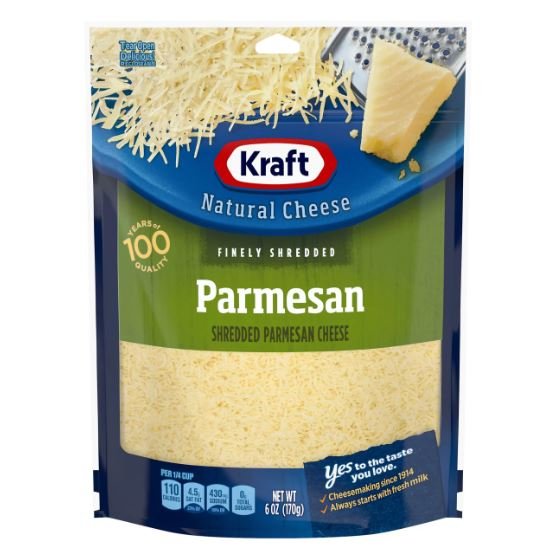If you have a cat as a pet, you may find the experience incredibly fulfilling. Cats have the unique ability to soothe your nerves and make you happy. However, when it comes to food, cats can be very picky. The most important thing is the type of food to feed them. You may be wondering, “Can cats eat cheese puffs?”
Yes, but only in small amounts, if at all. It’s not advisable to feed cheese puffs to cats because they are not a part of their natural diet. The salt, fat, and artificial additives in cheese puffs can cause digestive issues and obesity in your cat.
To ensure your cat is getting a nutritious diet, you have to work with your veterinarian. Overfeeding can lead to obesity and serious health issues, so follow your vet’s recommended feeding guidelines. In this article, you will know if you can feed your cat cheese puffs and what other food is appropriate.
Do cats Like Cheese Puffs?
If you give your cat cheese puffs and they enjoy them, they may develop a liking for them and want to have them more frequently. While one or two instances of your cat having cheese puffs may not pose a significant health risk, it’s important to be mindful if they start to consume them regularly.
Cheese puffs are typically high in fat and sodium, so frequent consumption can lead to health issues for your cat. Therefore, it is advisable to monitor your cat’s consumption of cheese puffs and limit their intake to prevent such health problems. If you’re considering giving your cat cheese puffs, note that they are generally not a healthy choice for cats.
Your cat may love the seasonings on them, but they could be harmful if consumed in excess. Cats require a meat-based diet to get their required nutrition. Cheese can cause an imbalance in your cat’s digestion process because of its high protein content. It’s best to avoid giving your cat cheese puffs. Stick to a balanced, meat-based diet to meet their nutritional needs.
Can I Give My Cat A Cheese Ball?
You can give your cat a cheese ball, but not often. Eating too many of them will likely make them very sick, and it can have a very detrimental impact on their health. Cheese puffs contain mostly salt, preservatives, and dehydrated cheese, so there isn’t much in them that cats will be interested in on their own.
Cats have nothing to gain by eating cheese puffs. If you give your cat cheese puffs, chances are they will show little interest in them. If your cat doesn’t like cheese puffs, consider yourself fortunate because you won’t have to deal with a sneaky cat stealing them from your snack bowl.
If you give your cat a cheese ball, they may not care about the texture and only lick off the cheese powder while ignoring the rest. However, this can be just as concerning as eating the puff, as the powder is where all the salt and seasonings are concentrated, which can harm your cat.
Can Cats Eat Cheese Snacks?
Yes, but in moderation, according to experts. If you decide to give your cat cheese snacks, you must do so in moderation. You should limit your cat’s cheese intake to small portions, about the size of a dice, given only occasionally. However, if your cat is lactose intolerant or has a dairy allergy, even a few cheese snacks can cause digestive issues.
A dairy allergy can impair your cat’s ability to digest the proteins in cheese, milk, and similar products. Although the risk of dairy allergy in cats is relatively small, affecting only 0.05% of the cat population, allergic reactions can cause skin disorders and gut problems, even with a small amount of cheese.
In cases where your pet suffers from health conditions such as kidney or heart disease, your veterinarian may suggest that you watch their salt consumption. Cheese is a dairy product that contains a significant amount of salt and may not be suitable for your cat to consume because it could hurt their general health.
What Human Food Can Cats Eat?
Cooked, lean meats like beef, chicken, turkey, liver, and lamb are human foods your cat can safely eat. Handle and prepare the meat with great care to ensure the food is properly cooked. Never feed cats raw meat. Also, ensure you remove all bones and skin before serving the meat to your cat, as these can be hazardous for them to consume.
Other human foods cats can eat are eggs, vegetables, and whole grains such as oats and corn. Some cats may not like the texture or taste of fruits, much like with vegetables. However, for those with a fruity sweet tooth, there are several safe options. Certain fruits contain fiber, potassium, and vitamins A and C and are low in calories.
For instance, bananas, blueberries, cantaloupe, seedless watermelon, peeled and deseeded apples, and pumpkins can all make tasty and nutritious snacks for your cat. If you plan to give your cat human food as part of their diet, it’s best to consult your veterinarian about what and how often to feed them.
Conclusion
If you decide to feed your cat cheese puffs, note that they may not be ideal for it as they are not particularly healthy. Although cats may find the seasonings on cheese puffs tasty, their high salt content can adversely affect their health if they consume too much of it.

